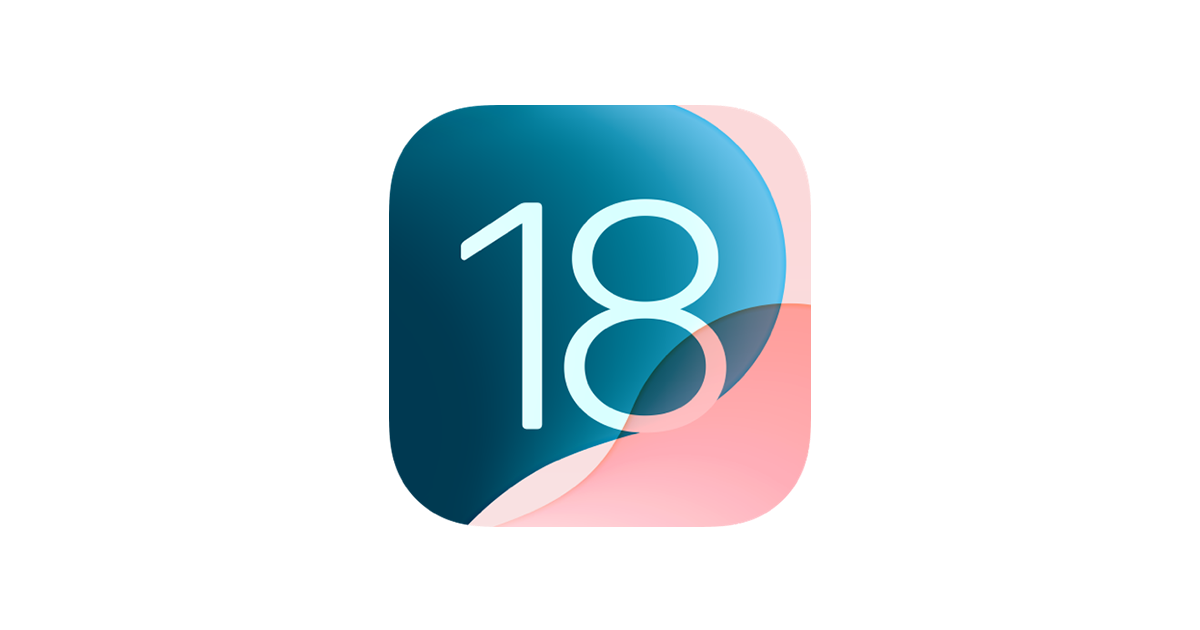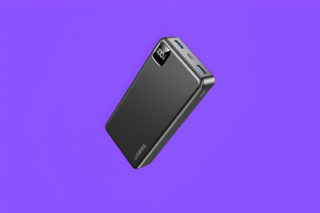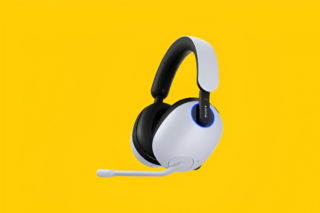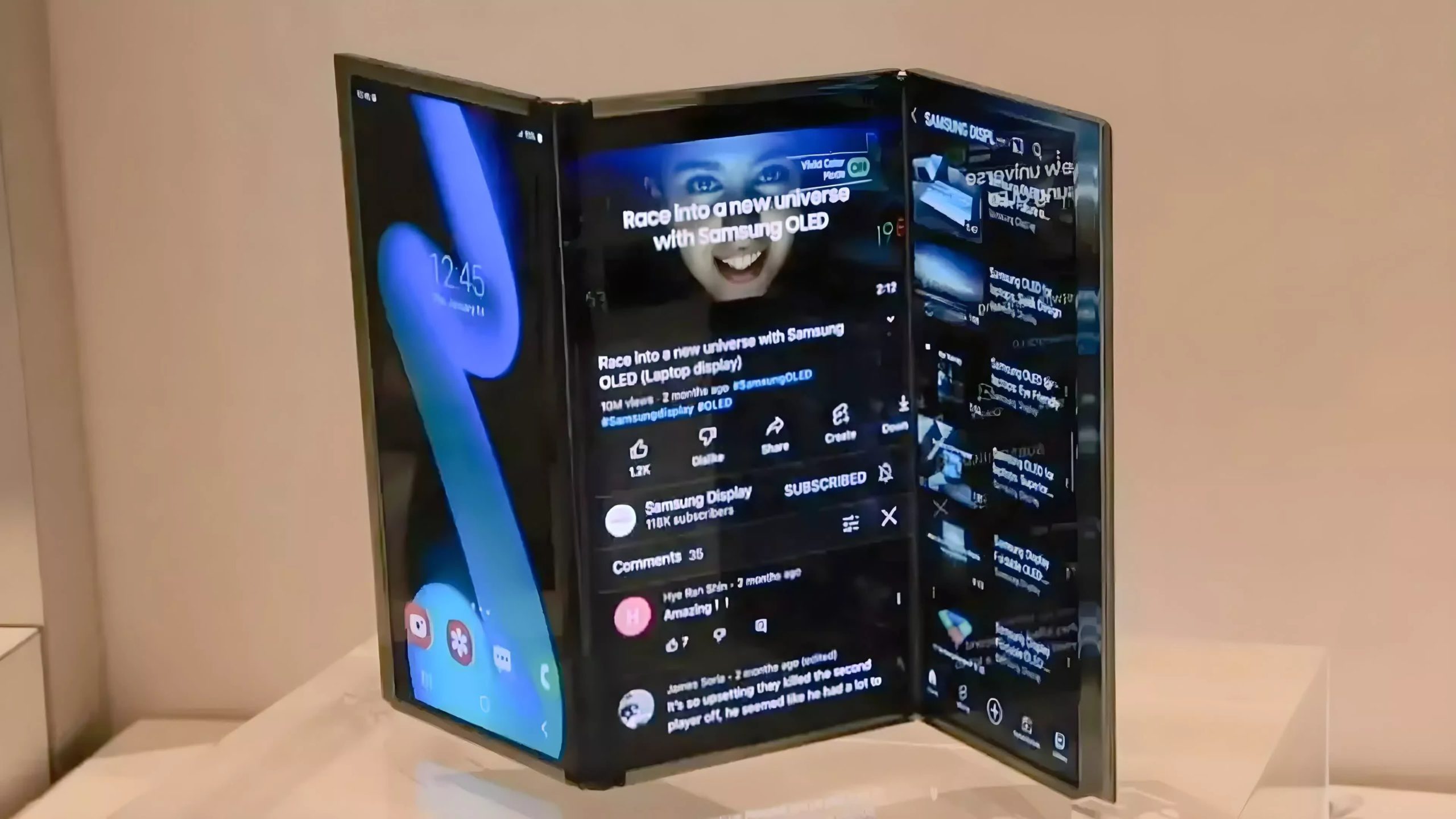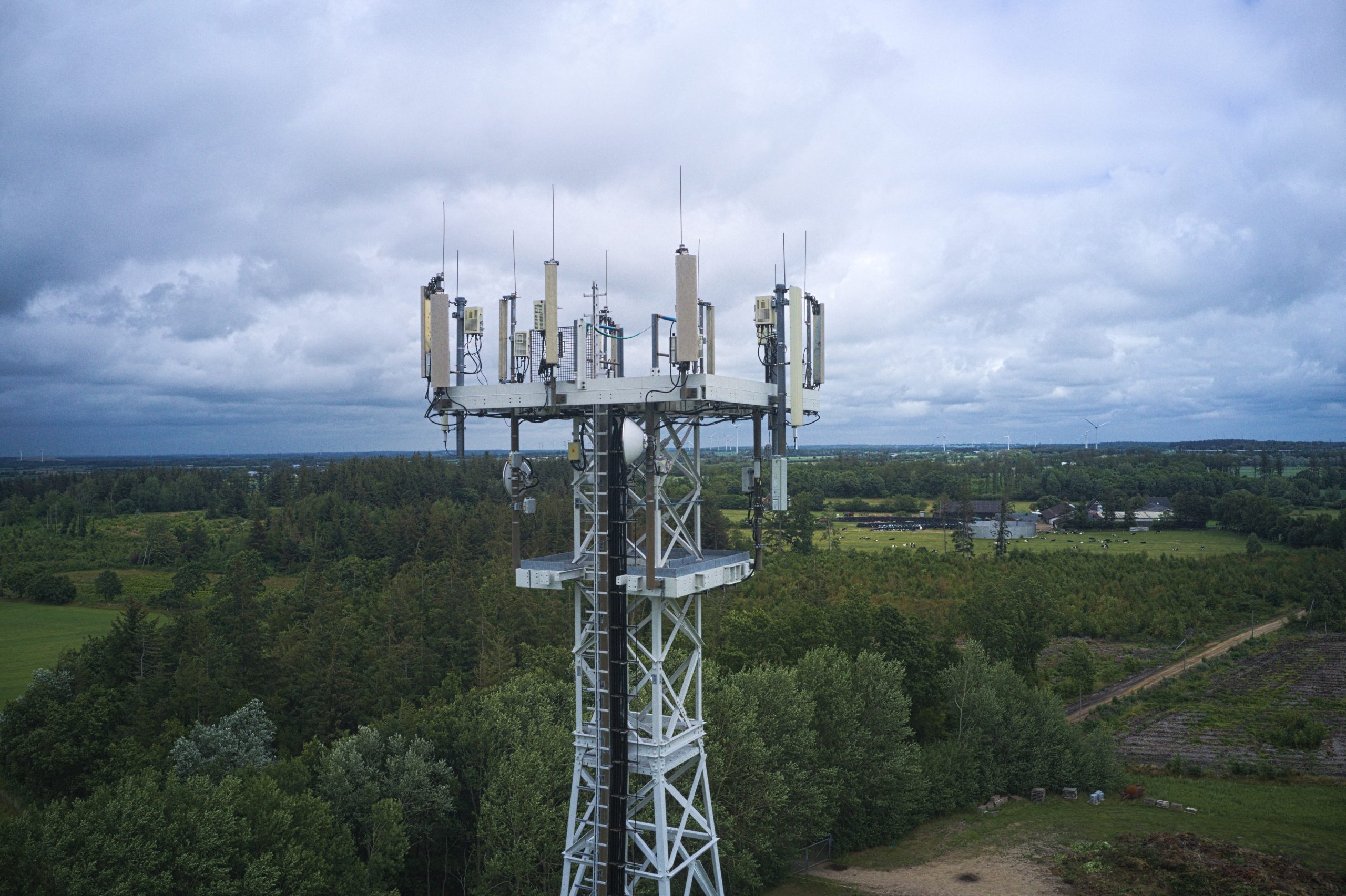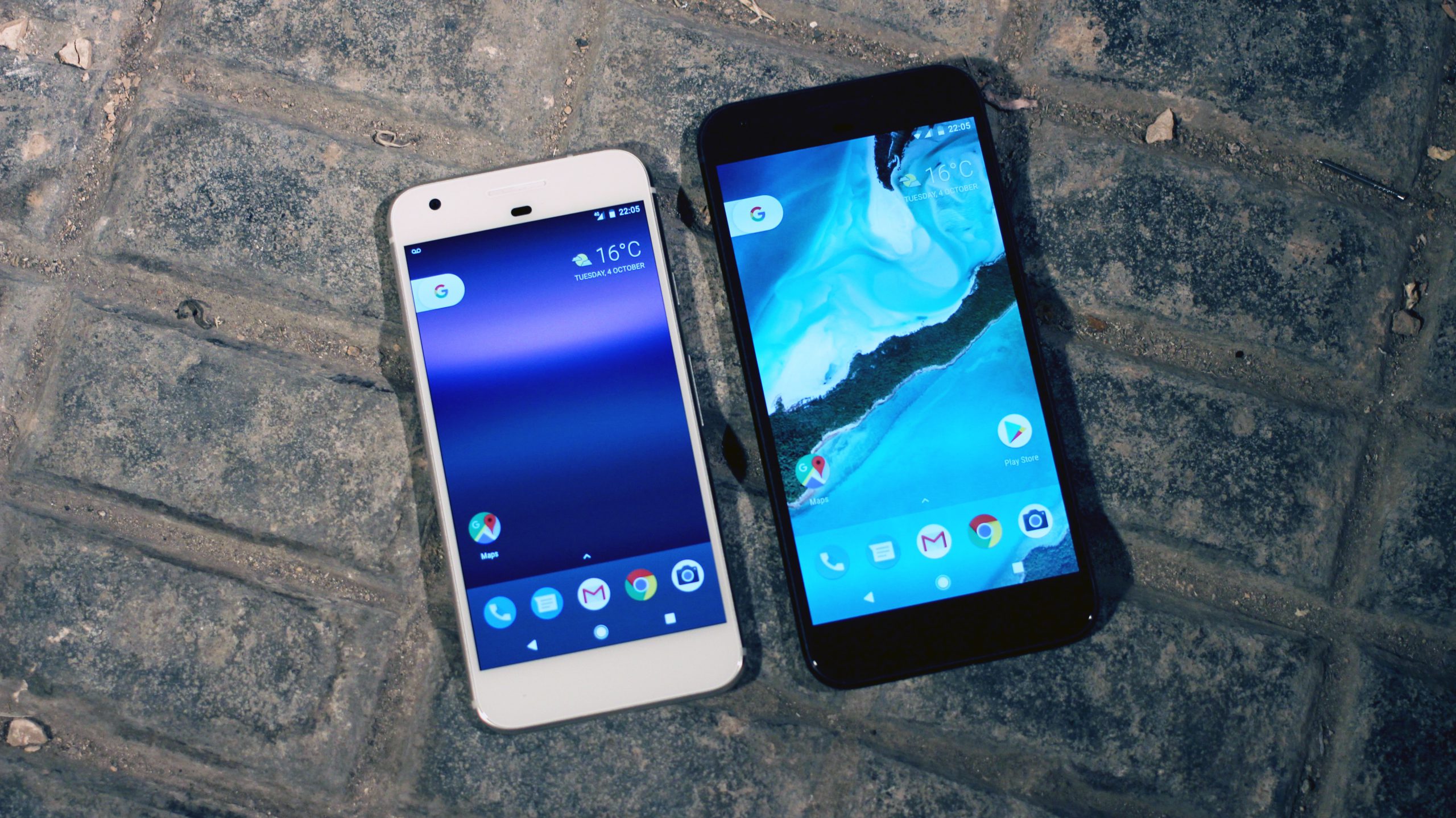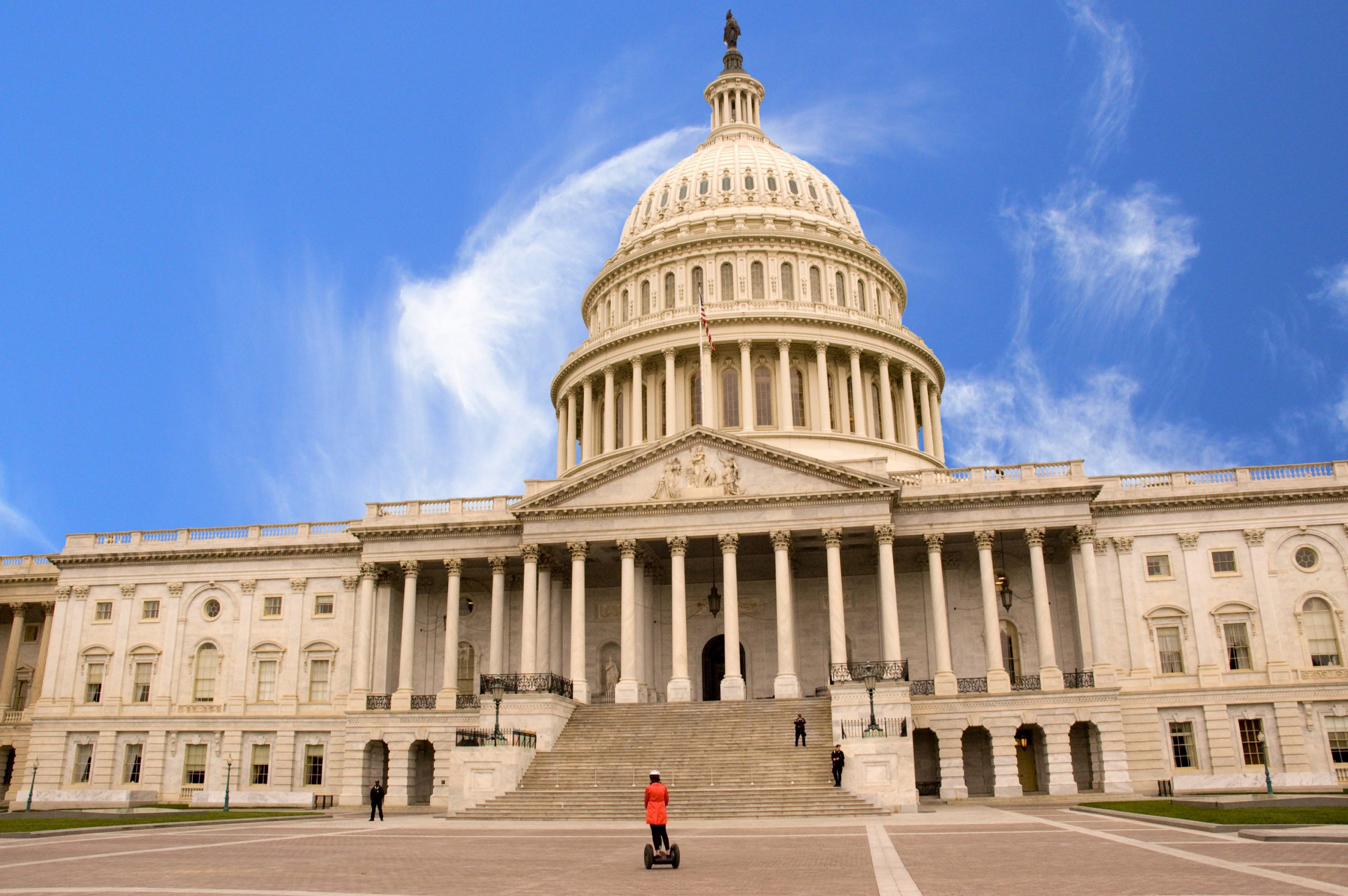Ever handed your phone to a friend to add their number, only to realize they could scroll through your entire contact history? iOS 18’s new contact sharing feature brings that same awkward privacy violation to an end in your apps.
The days of all-or-nothing contact sharing are finally over. Before iOS 18, when an app asked for your contacts, you had two options: give it your entire digital address book or nothing at all. This binary choice was like a restaurant either serving you the entire buffet or leaving you to starve – there was no middle ground.
The Privacy Upgrade You Didn’t Know You Needed
Selective contact sharing might sound like a minor tweak, but it’s solving a massive privacy hole that’s been wide open since smartphones became extensions of our brains. Your contact list isn’t just phone numbers – it’s a map of your personal and professional relationships, sometimes including notes and details you’d rather keep private.
Consider this: a therapist who uses the same phone for work and personal life could accidentally expose client contact info when using a harmless fitness app. Or imagine your dating app suddenly having access to your entire professional network – as awkward as accidentally sending that “you up?” text to your entire company Slack.
The new feature presents three clear options when an app requests contact access: select specific contacts, grant full access, or deny entirely. This granular control means that dating app no longer needs to know about your boss, your therapist, or your ex.
If you want to see how to configure these settings, check out our iOS 18 privacy settings walkthrough.
At WWDC 2024, Apple’s Senior Vice President of Software Engineering, Craig Federighi, emphasized privacy as a fundamental human right. While that may sound like standard Apple marketing, the new feature genuinely empowers users to take control of their data
If you’ve ever felt uneasy about an app scanning your entire contact list just to find one friend, this update directly addresses that concern. Think of it as the difference between giving someone your entire house key ring versus just the key they actually need.
Why This Matters More Than You Think
Your contacts contain more sensitive information than you might realize. Beyond phone numbers and emails, many people store birthdays, addresses, relationship details, and personal notes. When an app gets your entire contact list, all that data potentially becomes part of its database.
Meanwhile, Android users are still stuck in the data-sharing Upside Down – forced to grant full contact access with no selective options, making iOS 18’s approach feel like the privacy equivalent of Eleven finally closing the gate on unnecessary data collection.
App developers will need to adapt, but the tradeoff is clear: less unnecessary data collection in exchange for increased user trust. For once, a privacy feature that doesn’t require you to sacrifice convenience.
The upgrade represents a shift from the data-hungry defaults of earlier smartphone eras toward more intentional sharing. It’s like your phone finally learned to respect your boundaries – a surprisingly rare quality in modern technology.
For everyday users, this small iOS 18 feature delivers a much-needed privacy upgrade without requiring you to learn complicated settings or remember to toggle features on and off. It simply asks the question we should have been asked all along: “Which contacts do you actually want to share?” iOS 18 recently introduced Satellite Messaging as well.


